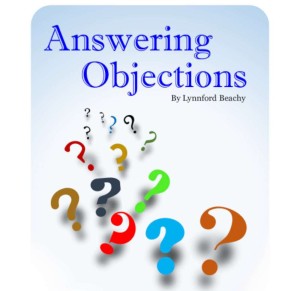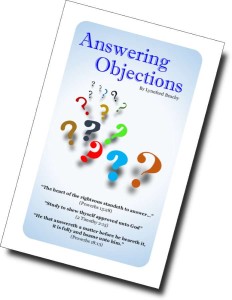 The New Testament
The New Testament
In the first part of this book we examined all of the Old Testament texts that are most commonly used to support the trinity and we have seen that the trinity is  not taught in the Old Testament. Even most trinitarian theologians will admit this fact. Yet, many seem confident that the New Testament reveals that God is a trinity.
not taught in the Old Testament. Even most trinitarian theologians will admit this fact. Yet, many seem confident that the New Testament reveals that God is a trinity.
In this chapter we will examine all of the New Testament evidence that is often used to prove that God is a trinity.
I agree with the Encyclopædia Britannica on this question, which says, “Neither the word Trinity nor the explicit doctrine appears in the New Testament, nor did Jesus and his followers intend to contradict the Shema in the Hebrew Scriptures: ‘Hear, O Israel: The Lord our God is one Lord’ (Deuteronomy 6:4).” (Encyclopædia Britannica Online, article: Trinity, Online at, www.britannica.com/EBchecked/topic/605512/Trinity.)
We will not examine verses trinitarians use to establish that Jesus is God since we agree with God, the Father who said to His Son, “Thy throne, O God, is for ever and ever: a sceptre of righteousness is the sceptre of thy kingdom. Thou hast loved righteousness, and hated iniquity; therefore God, even thy God, hath anointed thee with the oil of gladness above thy fellows” (Hebrews 1:8, 9). Jesus is God by nature, as well as by the exalted position His Father gave to Him (Philippians 2:9; 1 Corinthians 15:24-28). I am human because my father is human. Jesus is God because His Father is God. We will examine verses that are used in an attempt to prove that Jesus is “the Most High God” or “the only true God.” He certainly could not be the Most High God while His Father is “The God of our Lord Jesus Christ, the Father of glory” (Ephesians 1:17).
